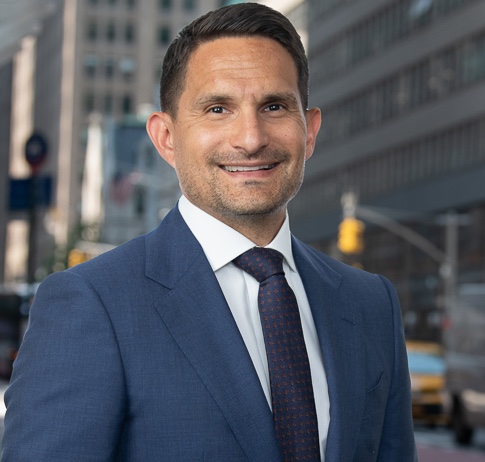This article was initially published by Law360 on August 17, 2018 and features head of US sports, Michael Rueda.
NCAA recently enacted a set of sweeping reforms that provide modest benefits to the small percentage of student-athletes that pursue a professional basketball career, but experts say the changes do not adequately address the serious issues at the center of a federal corruption probe into college basketball.
The National Collegiate Athletic Association said last week it will now allow certain college basketball players and certain “elite” high school players, as determined by USA Basketball, to speak with NCAA-certified agents during the offseason. The NCAA will also allow some players to take part in the NBA draft without losing their college eligibility and require schools to cover tuition, fees and books for players who do leave school early so that they can complete their education later.
But while these seem like positive steps from the perspective of providing athletes with more flexibility, they fall short of calls to allow student-athletes to be paid more for playing college basketball as the NCAA faces an upcoming trial on the issue and an ongoing federal corruption investigation into the influence of shoe companies and third parties in the sport.
“As a sports law professor and advocate for fairness, nothing is more frustrating than watching the NCAA make a mountain out of a molehill of reform,” said Marc Edelman, a professor of law at Baruch College, City University of New York. “The big issues confronting college sports entail ensuring athletes receive bona fide educational opportunities and equitable economic rights. [The NCAA's] announcement of purported reform does not move the ball one iota in that direction."
Read more here.

